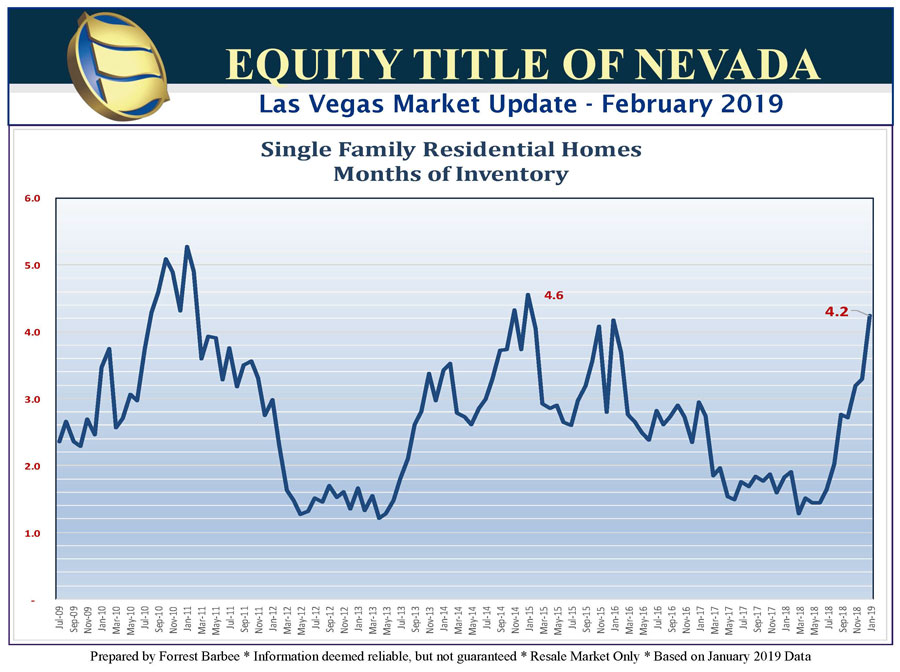LAS VEGAS – With the recession over and done with and the real estate market on the mend in a major way, living expenses overall in Las Vegas – particularly rents – have been experiencing a steady climb over the course of the last few years as the improved economy is luring businesses and jobs into the region. Henderson is an especially poignant example of this phenomenon, having been currently ranked by ApartmentList.Com as the city with the fastest-growing rental prices in the United States.
Henderson is the second-largest city in Nevada, and according to reports, it has been experiencing growth in the cost of rental properties that outpaces any comparable city in the country over the course of the past year. The current 2019 monthly rent of an average two-bedroom apartment in Henderson comes in at $1,340, which represents a jump if 3.7 percent over the same period one year ago; the national average rental price, however, only increased 0.9 percent. This cements Henderson as a growing location in terms of demand, but it remains to be seen that, if rent continues to climb at its current rate, if the cost of living will eventually outstrip that demand.
A close contender in terms of rising rents is Las Vegas itself, which currently ranks fifth in the country; a two-bedroom apartment in Vegas will typically set you back $1,160 per month in 2019, which is an increase of 3.1 percent over the same period in 2018. Again, it remains to be seen if these increases will eventually become prohibitive to renters who are looking to get the most for their money in terms of living expenses.
Henderson and Las Vegas are standouts in the sense that, in much of the rest of the United States, rental costs – while also increasing overall – have nonetheless risen at a comparatively much slower rate throughout 2018.
Las Vegas’ rental scene has seriously ramped up in recent years, with the area seeing a large increase in development, especially in suburban areas. In addition, investors have been making numerous purchases of apartment buildings, rental complexes, and reduced vacancies – brought on by a large influx if new residents looking for jobs have produced a climate where rents have been rising to the point that some tenants are finding difficult to keep pace with. Work, however, is being undertaken by numerous developers in order to construct new and affordable housing options in order to bring more stability to Southern Nevada’s housing and rental market.
Shelter Realty Property Management specializes in the areas of Henderson, Las Vegas and North Las Vegas, NV. Feel free to give us a call at 702.376.7379 so we can answer any questions you may have.
Christopher Boyle is an expert investigative journalist for SEARCHEN NETWORKS® and reports for independent news and media organizations in the United States. Christopher keeps a keen-eye on what’s happening in the Vegas real estate market on behalf of Shelter Realty Property Management


